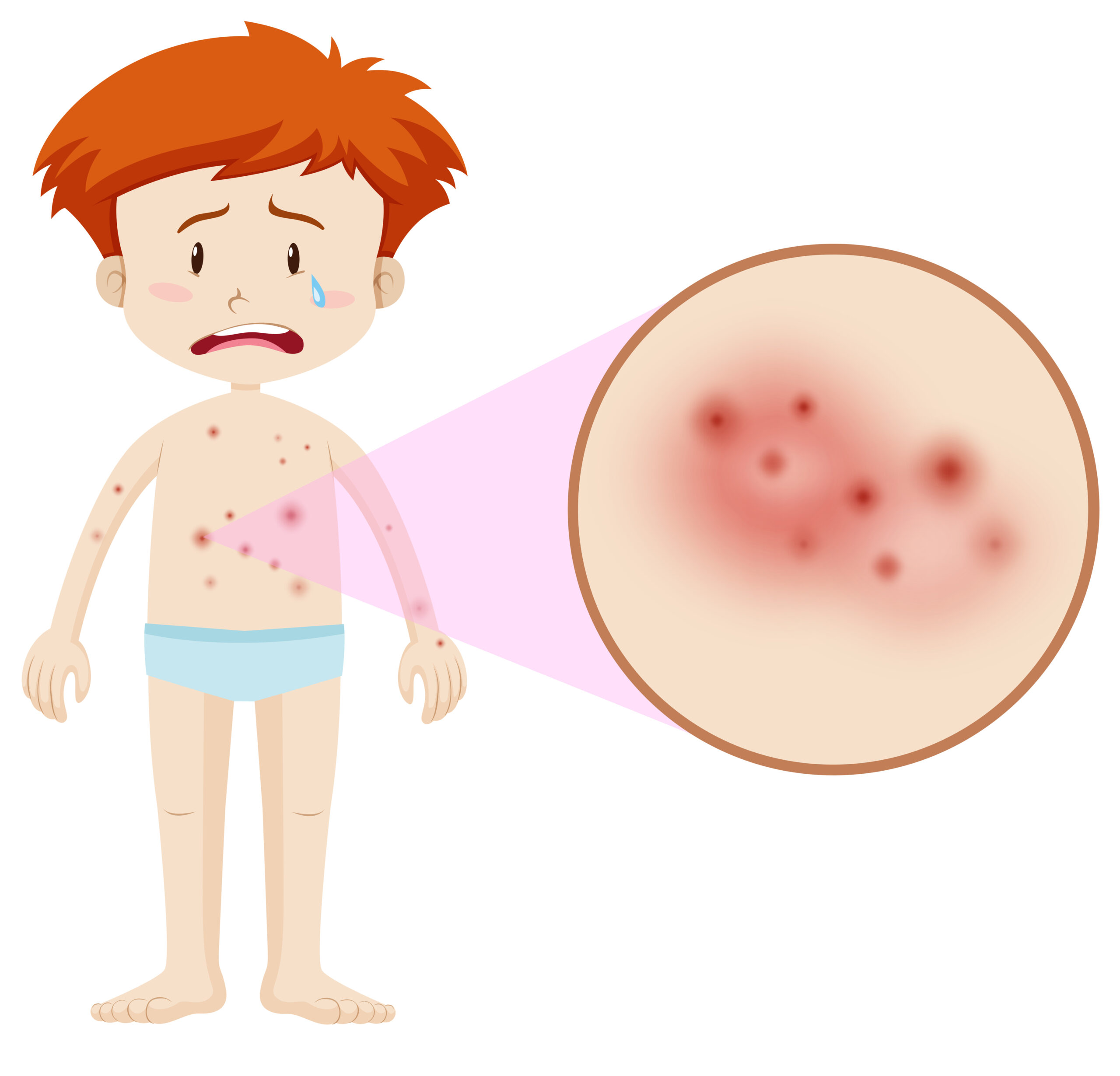
Nurturing Skin Health: Empowering Lives with Eczema Awareness and Care
The exact cause of eczema is yet to be fully understood, but a combination of genetic and environmental factors is believed to play a role. People with a family history of allergies or asthma are more prone to developing eczema. Additionally, environmental triggers such as certain foods, allergens, irritants, and climate conditions can contribute to flare-ups.
Eczema, also known as atopic dermatitis, is a common skin condition that affects millions of people worldwide. It is characterized by itchy, inflamed, and red patches of skin that can cause discomfort and frustration for those who suffer from it. In this article, we will delve into the causes, symptoms, and effective management strategies for eczema, helping you gain a better understanding of this condition and how to alleviate its symptoms.
Causes of Eczema
The exact cause of eczema is yet to be fully understood, but a combination of genetic and environmental factors is believed to play a role. People with a family history of allergies or asthma are more prone to developing eczema. Additionally, environmental triggers such as certain foods, allergens, irritants, and climate conditions can contribute to flare-ups.
Symptoms of Eczema
Eczema can manifest differently in individuals, but common symptoms include:
Management and Treatment Options
While there is no cure for eczema in allopathy, several strategies can help manage its symptoms and reduce flare-ups:
However, in Homeopathy, Eczema is treatable; we at Dr. Singh’s Homeopathy had come across numerous patients and treated them, through the principles of Homeopathy.
Conclusion
Living with eczema can be challenging, but with proper management and lifestyle modifications, individuals can significantly reduce flare-ups and alleviate symptoms. Identifying triggers, maintaining a consistent skincare routine, and seeking medical advice when necessary are vital steps in managing eczema effectively. Remember, every person’s eczema journey is unique, so finding what works best for you may require some trial and error. With patience, self-care, and support, it is possible to lead a fulfilling life.

